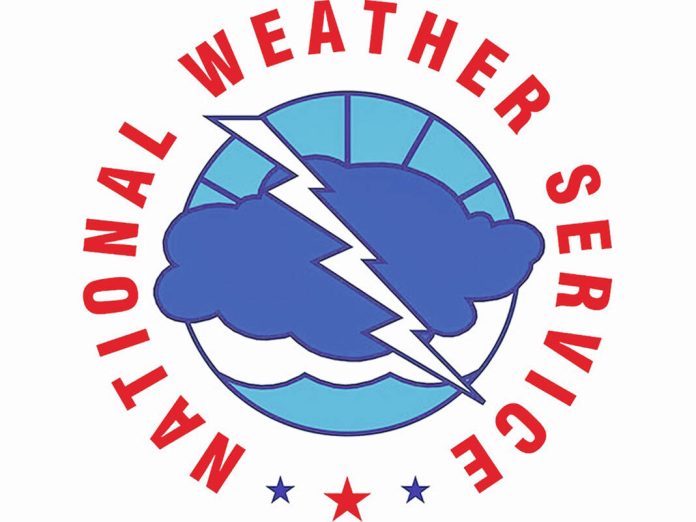The National Weather Service is seeking volunteers to contribute to public weather observations.
The Community Collaborative Rain, Hail and Snow Network is an international, nonprofit volunteer group where people submit weather observations. Data from the observations are used by the scientific community, the public and various levels of government, including the weather service.
Referred to as CoCoRaHS (pronounced KO-ko-rozz), the data can be used in fields like agriculture, litigation or water resources. It helps farmers determine how much fertilizer to apply, what days building contractors are excused from work and production of the weekly U.S. Drought Monitor map, according to the NWS.
The NWS uses the data for forecasts, warnings, warning verification, climate summaries and studies, and fulfilling data requests. Some media outlets publish the data for their subscribers or followers too, the weather service said.
March is the biggest recruitment drive for new CoCoRaHS observers. There is even a friendly competition among states across the nation to beat each other in the number of new members, the NWS says.
Indiana ranked 17th in terms of stations with 15 new stations this month. The state is also ranked 15th per capita in terms of stations per 1 million of its total population, according to CoCoRaHS. All data is as of March 14.
Meteorologists say observers are needed throughout Indiana and beyond, especially in rural areas. The arrival of spring and summer warmth and storms helps the recruitment drive due to the increased interest people have in being outdoors, increased variety and intensity of the weather, and increased number of outdoor activities affected by the weather such as recreation, gardening, farming and construction work.
Though daily observations are best — and even multiple reports if there is a significant weather event happening — there is no obligation as to how many reports people make. All that is required is an internet connection to create and access a free account, and to submit reports, and an acceptable rain gauge, according to the NWS.
Participants are provided a permanent digital record of their reports online, can compare their observations against surrounding observations, and have instant and up-to-date statistics about their data. In addition to the CoCoRaHS database, observations are stored in U.S. federal archives alongside those from Benjamin Franklin, Thomas Jefferson and diaries of the Lewis and Clark Expedition, the weather service said.
To learn more, join and view reports, go to cocorahs.org.





